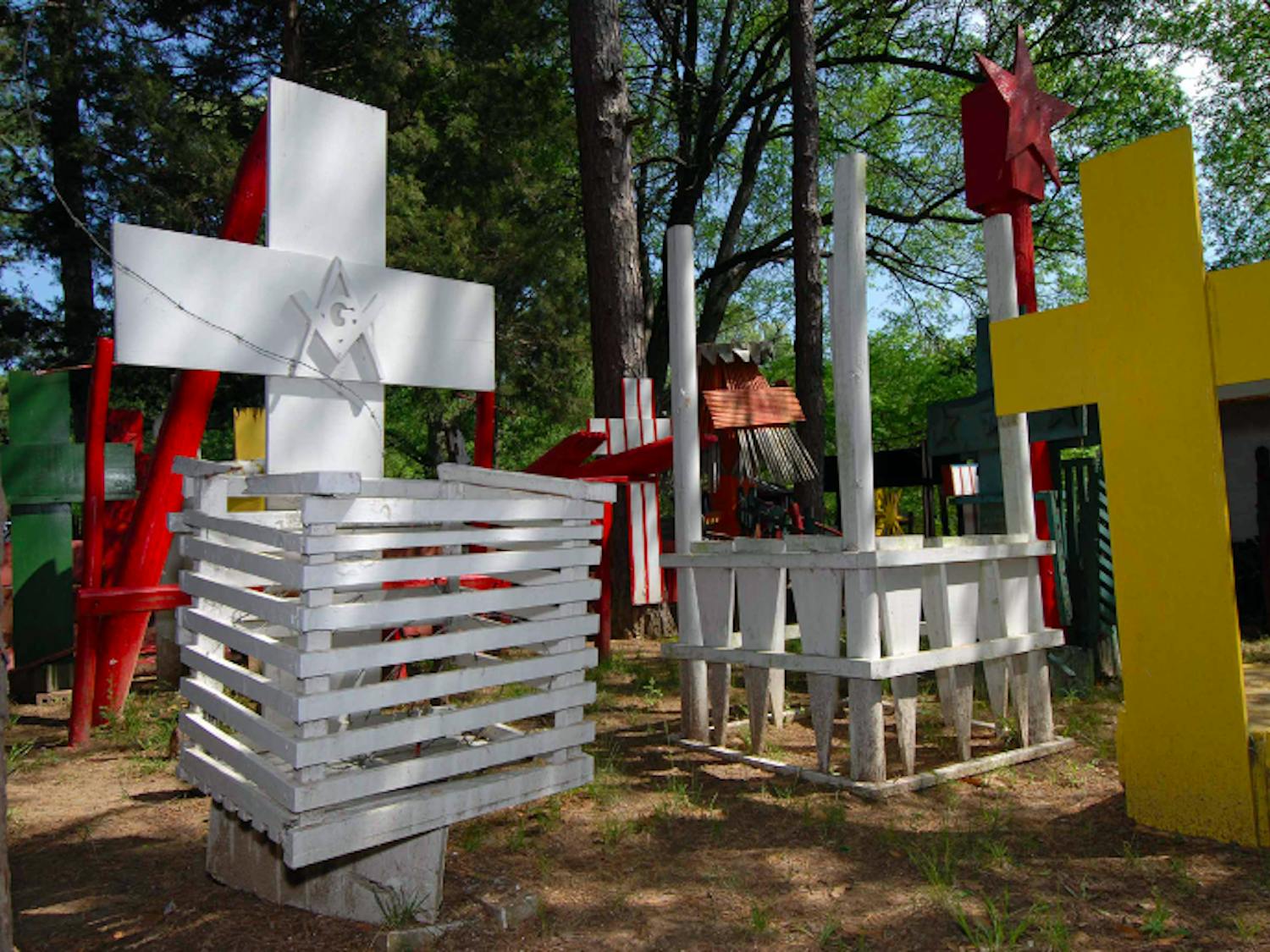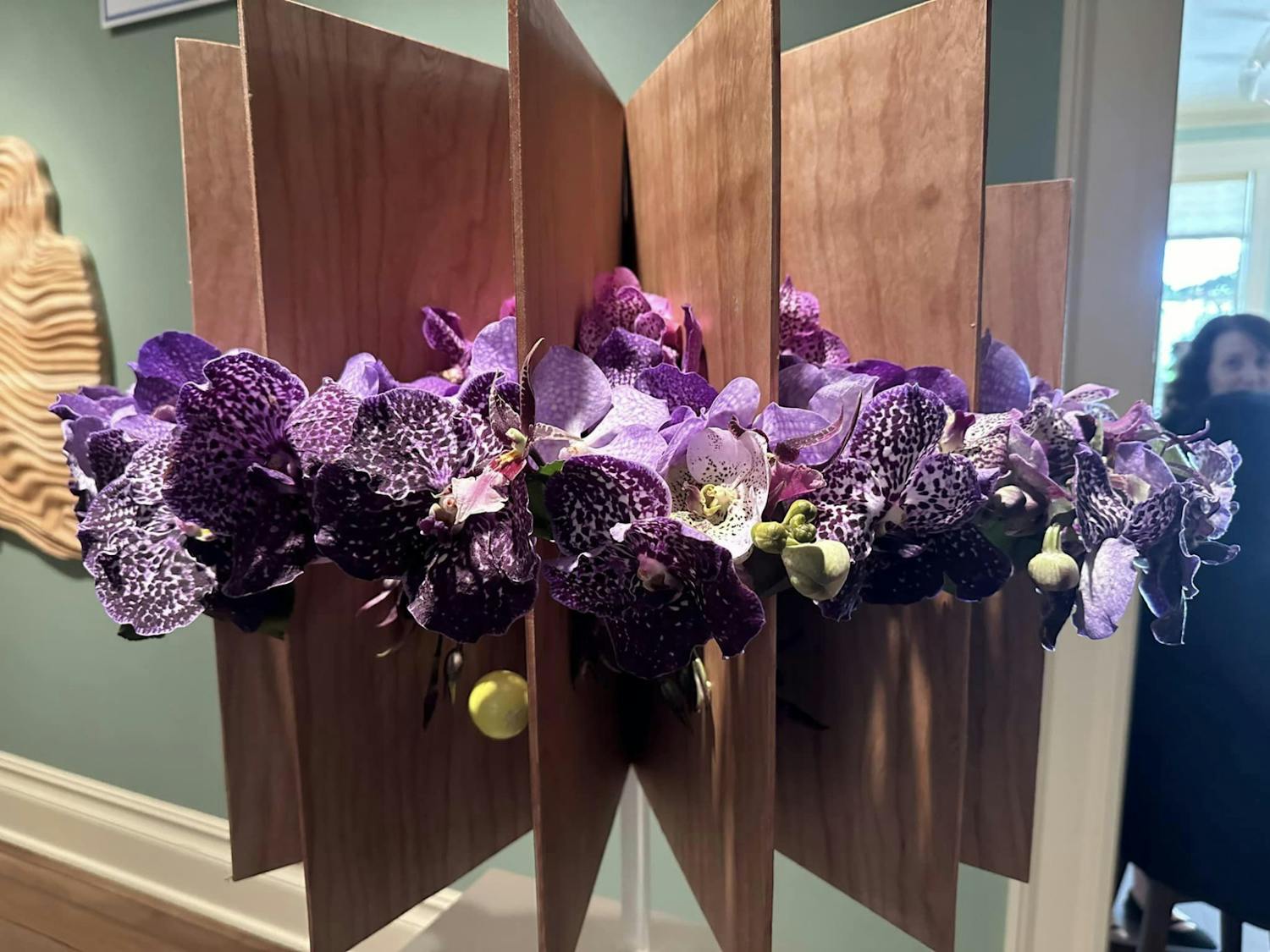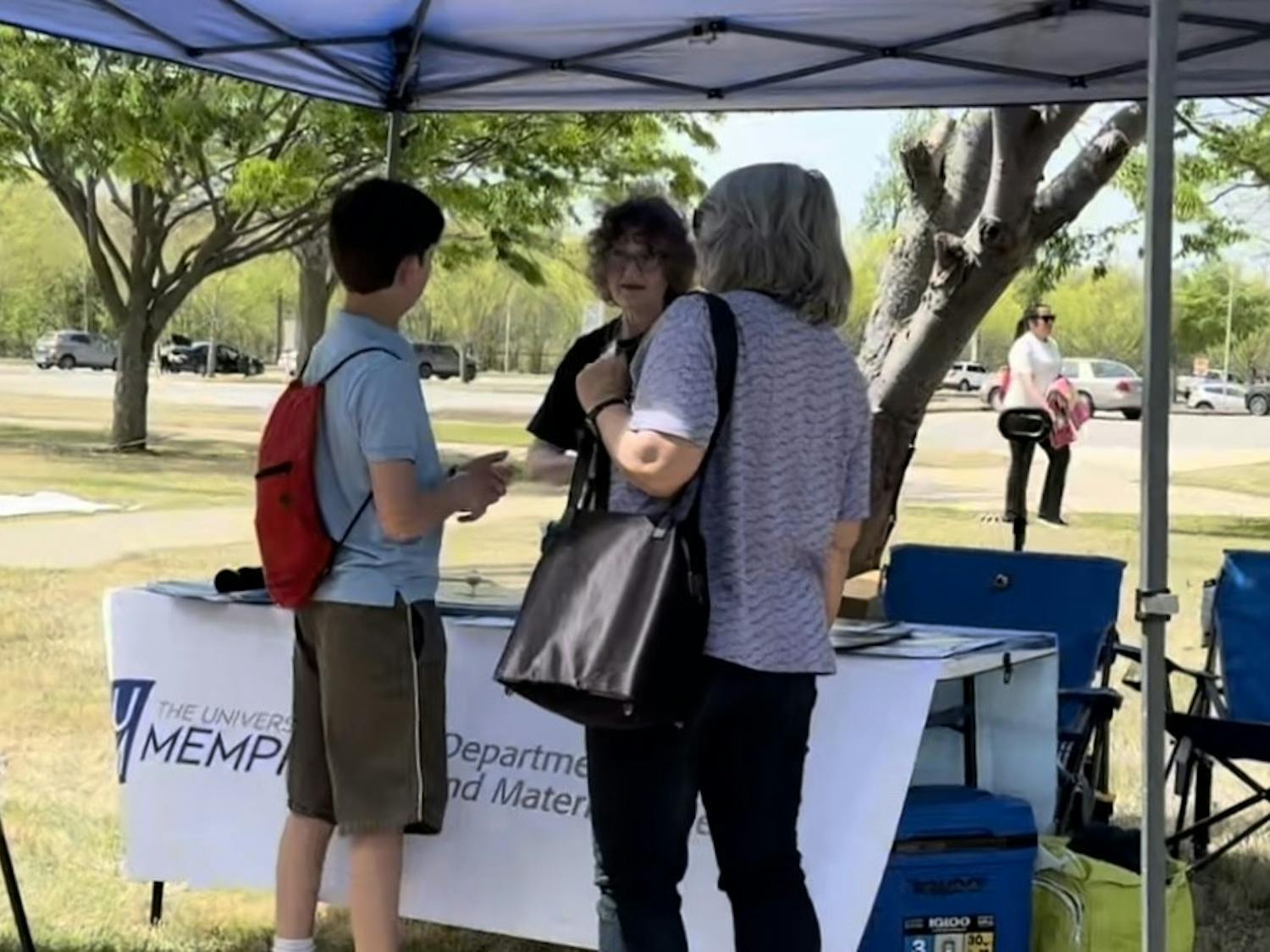“Once More at the River: From MLK to BLM” created by faculty and students in the University of Memphis' Department of Journalism and Strategic Media is a documentary about activism in Memphis. The documentary premiered Wednesday, attracting a mixed crowd of eager individuals.
Roxane Coche, an assistant professor in the Department of Telecommunication at the University of Florida, led the multimedia project along with Joe Hayden, Aram Goudsouzian and undergraduate students in the UofM’s Department of Journalism and Strategic Media.
Coche said the documentary is not only about activism in Memphis but also about allowing activists in Memphis a chance to be heard and contribute to a progressive movement.
“Even though there are problems in Memphis, all hope is not lost,” Coche said. “I think ultimately this documentary is about the activism and about the activists who are participating and creating this movement that exists in Memphis. It was about giving these people a voice because they’re often vilified, called protesters … and protester is not necessarily a negative word, but it’s also not always perceived as a positive word. And so, we wanted to kind of put them (in the spotlight) and give them a chance to actually speak their mind(s) in depth.”
Hayden, a professor in UofM's Department of Journalism and Strategic Media, said At the River I Stand written by Joan Turner Beifuss in 1968 after Dr. Martin Luther King Jr.’s assassination provided inspiration for the title of the multimedia project.
“The book, At the River I Stand, was kind of an inspiration for us to return to this topic and just see where Memphis (was) 50 years after King’s assassination,” Hayden said. “So, just kind of returning to this quest to document what’s going on in the city. Just kind of do a temperature check.”
Coche said the element of multimedia storytelling helped to create a powerful message of activism and civil rights and also gave students the opportunity to work hands-on in the industry producing professional work.
“I decided to do a multimedia project because I thought that was the best way to engage my students,” Coche said. “Our program in the Department of Journalism and Strategic Media—when I was actually teaching here, but even still today—is a professional program. And so, it’s about teaching the skills that the students are going to need in the media industry.”
Several students felt the documentary was enlightening and could resonate with younger audiences.
Erianna Nelson, a criminal justice major at UofM, said the film reflected a similar theme from the Civil Rights Movement but also included a millennial approach to the movement.
“I feel that the film was very informative of how the (Civil Rights Movement) has continued from the 1960s to the early 2000s,” Nelson said. “We lack the structure of the way that they did it in the Civil Rights Movement, but we still have our own structure with social media, and I feel like we should use it to our advantage as (people in the past) did with journalism like mentioned in the film.”
Another criminal justice student at UofM Monterria Hudson said the film would allow the younger generation to familiarize themselves with the Black Lives Matter movement and become a part of it.
“I think the film is influential because it will allow younger people to get into the movement,” Hudson said. “I also noticed there were a lot of older people around and not a lot of black people. So, I feel like it is important for this film to reach out to our community and to younger students.”
Coche said the film will serve as an educational tool and will be offered to schools, churches and museums to use for academic purposes.
“It’s really about telling the story of activism in the city of Memphis, and it is meant to be educational in nature,” Coche said. “It’s about spreading the word about what activism is like in the city of Memphis. Agree or disagree with it, that’s not the point. The point is about giving that perspective from people, giving these people a way to communicate their beliefs and their convictions without them being vilified by external forces."



